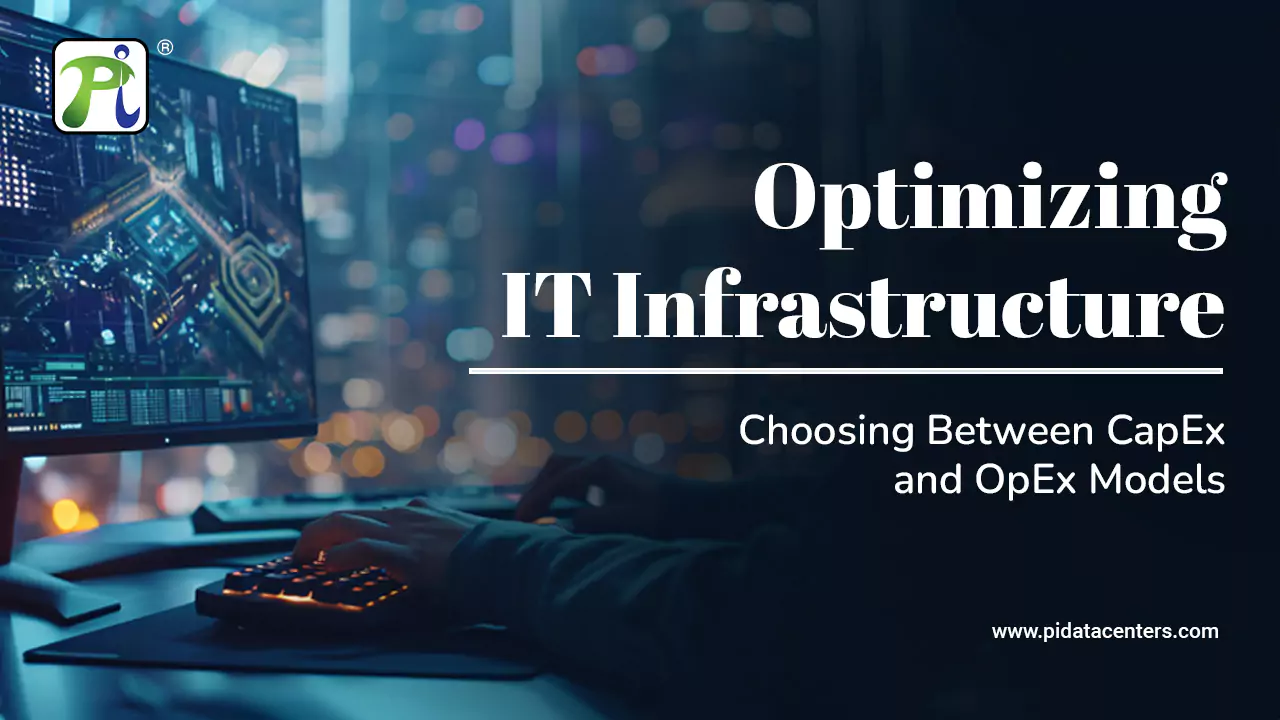We Will Get Back To You As Soon As Possible


In the world of cloud technology and digital transformation, businesses face a critical decision: choosing between Capital Expenditure (CapEx) and Operational Expenditure (OpEx) models for IT infrastructure. These financial strategies profoundly influence how organizations allocate resources, manage costs, and achieve scalability. Selecting the right model depends on a company's financial appetite and operational needs. This decision is often made by a collaborative effort between business leaders, IT managers, and financial decision-makers, each bringing their unique perspectives and expertise. In this article, we'll explore the significance of CapEx and OpEx models, their impact on businesses, and strategies to make the optimal choice based on business type and financial goals.
Capital Expenditure (CapEx) refers to the upfront investment businesses make to acquire, upgrade, or maintain physical assets such as servers, storage, and networking equipment. These assets are owned and depreciated over time.
Example: A company purchases 10 dedicated servers for its data center operations. The significant initial cost is classified as CapEx, and the servers' value is depreciated annually per accounting standards.
Operational Expenditure (OpEx) involves ongoing costs for services or rentals, such as cloud services or server rentals. Businesses pay a subscription or usage fee without owning the underlying assets.
Example: A startup rents servers from a provider like Pi Datacenters. The monthly rental fee is classified as OpEx, offering flexibility without a significant initial outlay.

Renting IT infrastructure under the OpEx model offers a balanced approach to scalability, cost-efficiency, and operational ease. Providers like Pi Datacenters empower businesses to:
The choice between CapEx and OpEx hinges on a company's financial strategy, operational requirements, and growth aspirations. While CapEx suits businesses with long-term stability and control needs, OpEx excels in delivering flexibility and cost-efficiency for dynamic environments. By aligning financial decisions with strategic goals, companies can harness the full potential of their IT infrastructure.
At Pi Datacenters, we provide tailored IT rental solutions, ensuring businesses thrive in an ever-evolving digital landscape. Whether you're a startup seeking agility or an enterprise aiming for efficiency, our services offer the right balance to power your success.
Questions? We're here to help.
©2026 Pi DATACENTERS® Pvt. Ltd. All rights reserved
